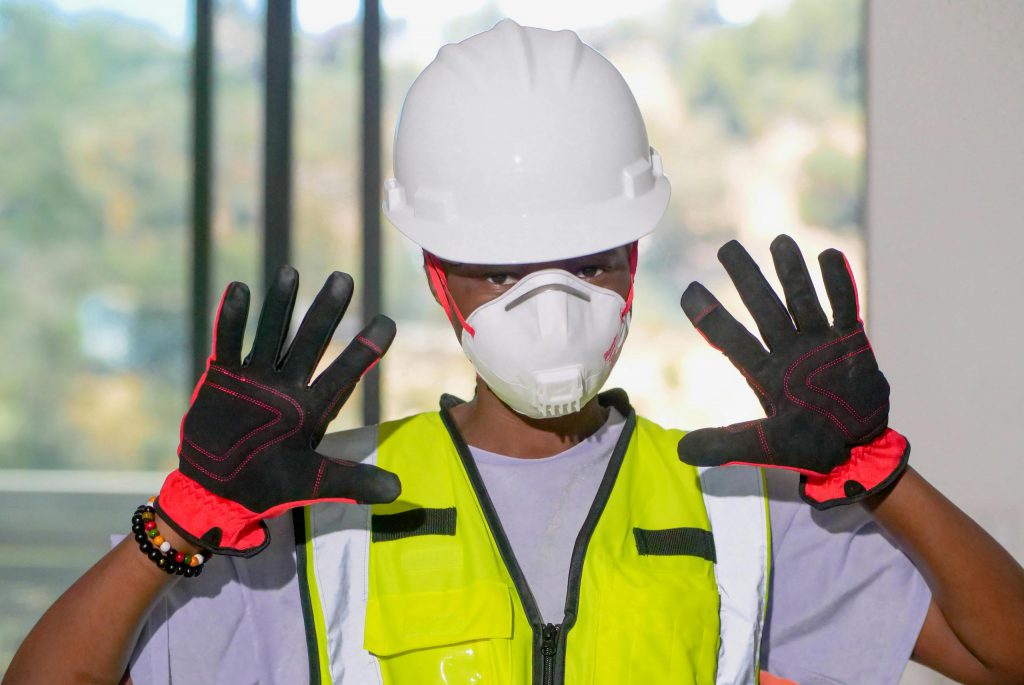Quite often, employees work in silos. They stick to their teams and the people they need to work with on a regular basis. Beyond that they don’t really talk to anyone else. And they certainly don’t try to make work friends.
This can lead to tasks getting done twice, knowledge silos, confusion, disconnection, lack of collaboration, and so much more.
On the other hand, when employees have work friends from other departments, it can increase collaboration, make everyone more efficient, and lead to a more welcoming work environment.
81% feel that work friends are highly important while 78% say they benefit mental health. Having work friends can also help employees feel more engaged, satisfied in their roles, and connected to work.
So let’s dive into why work friends matter and how you can build connections between employees.
Why work friends matter
We live in a world where people are lonelier than ever. They’re falling back on AI to become their new besties, and that’s just…dystopian. AI can’t replace true human connection, but it can become a sycophant that no human friend can compete with because it will always tell you what you want to hear.
I digress.
Work friends encourage employee engagement. They encourage collaboration. They make your business a more welcoming place to be for employees both new and old.
82% feel work friendships improve employee happiness and job satisfaction, while 81% feel they improve productivity.
The majority of professionals, especially Gen Z-ers, think companies should facilitate work friendships through non-work-related activities like holiday parties or happy hours.
Despite all this, ¼ feel their employer isn’t focused on activities or events that lead to work friendships.
People without work friends are more likely to feel isolated. Interestingly, 58% of employees believe relying too much on digital channels is a huge barrier to making work friends.
Taking steps to combat loneliness improves your employer brand and shows your team members that you care about more than just making money.
How to connect your team with work friends
So now that we’ve looked into why work friends are important, let’s dive into how to connect your team with work friends:
ERGs
Employee groups are essential tools for connecting people across your organization to work friends. Groups focused on inclusion are of particular interest for mid-level and senior employees.
Wherever employees work from, ERGs mean they can meet like-minded people with similar interests, goals, or backgrounds to them. This creates a stronger connection to the workplace, making them want to start work every day.
It also helps make work feel less monotonous because people are engaging with more than just the same colleagues every day.
Workrowd is a powerful tool to help you run your ERGs and other employee initiatives. Employees can see all your groups in one place and choose which ones to join. They can also get the latest updates, sign up for events, and so much more. Get in touch today to book your free demo.
In-person events
One of the best ways to strengthen friendships and form new ones is meeting someone in person. Networking events, breakfasts, lunches, courses—they’re all useful ways for people to get to know their colleagues and find work friends.
Bake sales are another option you could try. I’ve found anything that revolves around food or drink usually works well for bringing people together. And you could even run it to raise money for charity, making it a double win.
Online events
For remote teams, events can be more challenging, but they’re not impossible. You just need a little creativity.
Everything from online gaming tournaments to quizzes to book clubs can work as online events that are open to everyone.
Volunteering
Volunteering is a really effective way for employees to meet new people, break out of their comfort zones, and make a difference to the world. Many businesses offer a handful of days per year that employees can take to volunteer.
If you have a formal volunteering scheme, this can also be a way for employees to connect with colleagues and get to know them outside of the context of work. It’s a way to strengthen friendships and form new ones.
Support people’s wins
Whether it’s running a marathon, publishing a book, getting married, or something else, celebrating employees’ personal wins shows that you care about them beyond what they do for your business. It creates a deeper human connection and makes them feel like a valued part of your organization.
You don’t have to do anything major, but a “good luck” post on Slack, or even donating a little to their charity run can go a long way. Encouraging others to do the same helps people feel supported and enables them to connect with others who could become work friends.
Set up a challenge
Challenges employees can take part in, such as raising money for a particular charity, or collectively running a certain distance, give them something to aim for as a group.
It creates a shared goal where they can keep each other motivated and celebrate achieving something together with their work friends.
Conclusion
Work friends are one of the most powerful, but underestimated, employee motivation tools in your arsenal.
When people like who they work with, they want to show up in every sense of the word. They’ll work harder and be more present, so they’ll perform better and be happier. Which makes your workplace more welcoming and productive for every employee.
Help work friendships thrive
If you’d like to provide more opportunities for team members to find work friends, why not try Workrowd? You can organize employee events, set up ERGs, and so much more. Get in touch to learn how we can help you reach your employee experience goals.





